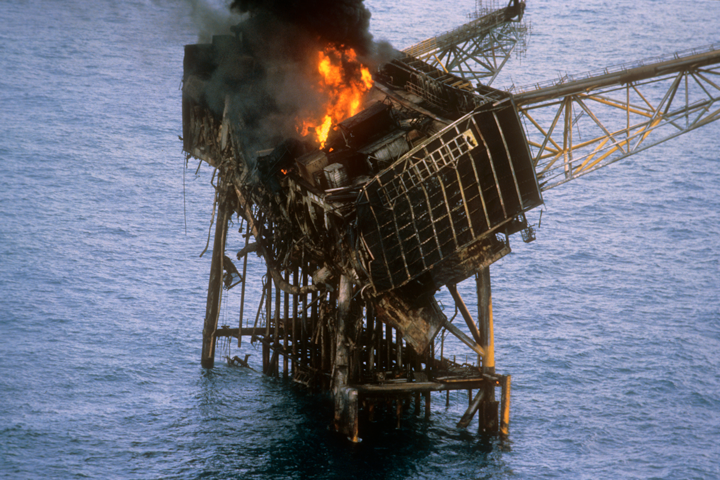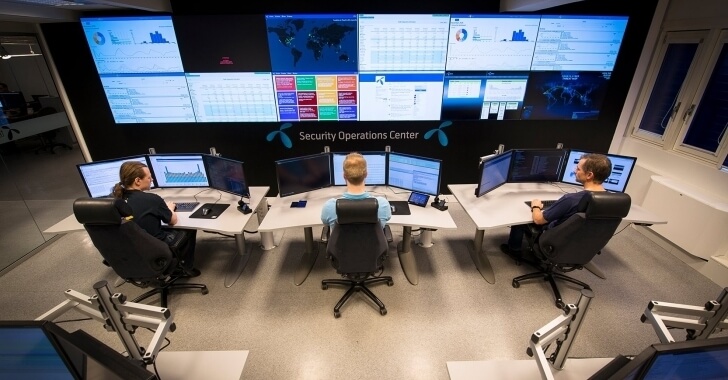

This course teaches how to lead fire investigations and root cause analyses using various techniques such as Fault Tree Analysis and Root Cause Charts. This is a 'how to' course designed to teach skills.
By the end of this course, delegates will be able to:
Team Leaders, Managers, Superintendents, Line Managers, General Supervisors, Foremen, Supervisors, Project Managers, Fire Officers, Senior Fire Officer, Chief Fire Officers, Senior Fire & Equipment Personnel, Fire Coordinators, Fire Executives & Industry Personnel, Fire Responders, Fire Engineers Loss Prevention Engineers, Control Center Operators and Supervisors, Emergency Personnel, Emergency Dispatchers, Security Personnel and CCTV Operators, HSE Officers, HSE Engineers & Personnel, HSE Professionals, Emergency Response Team Members, HSE Managers and Auditors, HSE Professionals, Incident Control Point (Forward Control) Team Members, Inspectors, Advisors, Auditors, Laboratory Personnel, Process Control Engineers and Technicians, Process Control Designers and Systems Engineers, Instrumentation and Control System Engineers, Plant Engineers, Maintenance Personnel, Maintenance Engineers and Supervisors, Electrical and Instrumentation Supervisors and Technicians, Procurement and Supply Chain Managers, Engineers and Maintenance Personnel, experienced and new Auditors linked to the company’s HSE Management Systems (HSE-MS), HSE-MS Personnel, Personnel involved in implementing the Company’s HSE-MS, Security Personnel and CCTV Operators, Staff responsible for managing hazardous wastes, Supervisors and Line Management who have assigned responsibilities within the organization’s Safety Management System (SMS)
Traditional Approach to Fire Accident Prevention
Major Fire Accident History
Fire Accident Theories
Fire Accident Causation
Accident Prevention Program
Accident / Incident Investigation
Root Causes Analysis
How RCA's Work
CDGA attendance certificate will be issued to all attendees completing minimum of 80% of the total course duration.
| Code | Date | Venue | Fees | Register |
|---|---|---|---|---|
| SEC101-02 | 13-04-2026 | Cape Town | USD 6950 | |
| SEC101-03 | 12-07-2026 | Cairo | USD 5450 | |
| SEC101-04 | 01-11-2026 | Dubai | USD 5450 |

This comprehensive course, using advanced technology combined with relevant practical experience, teaches the candidates how to recognize potential threats and equip them, if necessary, to respond to ...

A diverse group of people work in security professions and with a variety of organisations and companies. These professionals need the opportunity to learn about and develop leadership knowledge and s ...

This course will provide participants with an insight into the fundamentals of managing modern and effective security operations. It will address a wide variety of topics such as security policies and ...
Providing services with a high quality that are satisfying the requirements
Appling the specifications and legalizations to ensure the quality of service.
Best utilization of resources for continually improving the business activities.
CDGA keen to selects highly technical instructors based on professional field experience
Since CDGA was established, it considered a training partner for world class oil & gas institution
3012, Block 3, 30 Euro Business Park, Little Island, Co. Cork, T45 V220, Ireland
Mon to Fri 09:00 AM to 06:00 PM
Contact Us anytime!
Request Info